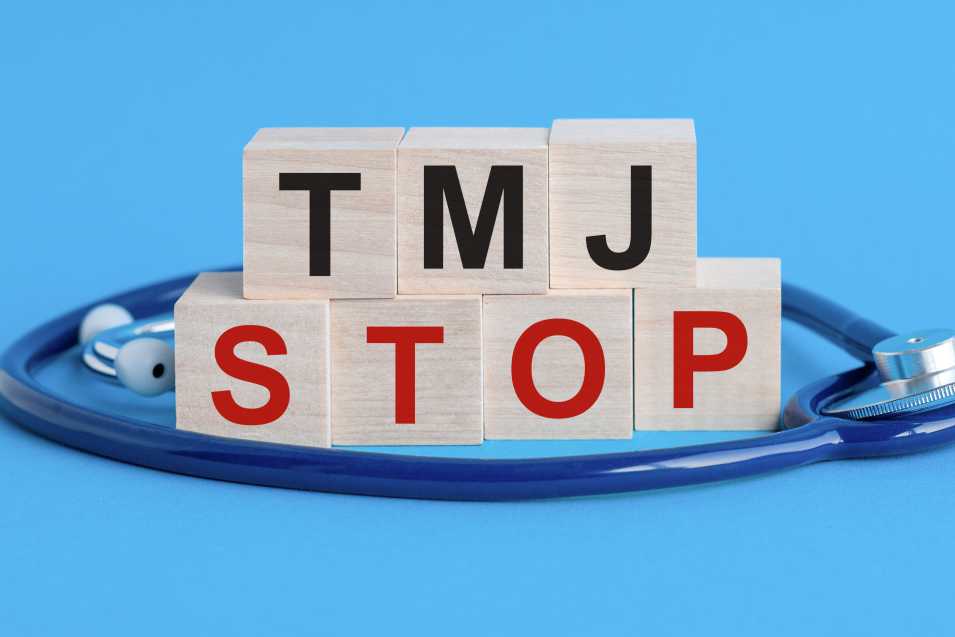Cost of TMJ Surgery; TMJ surgery can be pricey, so if you can’t pay for it all at once, you might want to think about a payment plan. These plans are designed to fit your budget, and they make the procedure more affordable.
You can also consider dental discounts or dental savings plans, which usually involve paying a monthly fee to receive discounts at a certain number of participating dental providers. However, these plans are limited to certain providers, and you should check with your provider before enrolling in one.
Cost of TMJ Surgery
The cost of TMJ surgery can be prohibitive, especially if you are on a tight budget. However, there are several ways to reduce the expense. One of these is to choose a dentist that offers a payment plan. These plans are usually flexible and work well with the patient’s budget.
Another alternative is to join in a dental discount plan, commonly called a dental savings plan. These programs give savings to patients for various dental operations, including TMJ surgery. However, these plans are only available at a limited number of dental offices.
Another way to lower the cost of TMJ surgery is to consider non-invasive treatments instead. These methods are typically less expensive than surgery, but the cost depends on the type of procedure needed. For example, a simple night guard will cost about $200 to $600. In contrast, corrective jaw surgery could cost $50,000 or more.
The cost depends on the type of procedure and the physician’s training. A specialist will generally charge more than a general practitioner.
Does TMJ Surgery Change Your Face?
Indeed, your face will acquire the right form. The muscles on the patient’s face are shifted from their natural places to change the form during TMJ operation. After the jaw bones are chopped, shaped, moved back and forth, they are connected to a designated location on the patient’s face and a fresh facial look results.

How Much is TMJ Surgery?
TMJ Surgery Cost; The cost of TMJ treatment varies greatly, depending on how severe your condition is. If your symptoms are minor to moderate, you will most likely only be required to pay a few hundred dollars. Severe cases, however, will require surgical procedures.
TMJ is extremely painful and can result in severe damage to your teeth. You can even end up with chipped, cracked, or broken teeth. Once this happens, you will likely need restorative dentistry to repair the damage.
Is TMJ Surgery Covered by Insurance?
TMJ surgery is typically covered by insurance plans. The average cost of the TMJ surgery is about USD 8500. If your insurance does not cover the cost, expect to pay between USD 10,000 and $20,000.
In addition to TMJ surgery, you may need orthognathic surgery, which realigns your jaw and teeth to correct skeletal irregularities. A joint replacement, meanwhile, will cost $38,000 to $67,000. This surgical procedure replaces the damaged joint with an artificial one.
Related Article: Deviated Septum Surgery
TMJ Surgery Before and After
Most medical insurance policies will cover some of the cost of TMJ treatment; nevertheless, you will likely be responsible for out-of-pocket expenses such copayments and deductibles. In addition, your insurance may require you to obtain approval for TMJ surgery before it will cover the full cost.
Related Article: Does Medicare Cover Dental Implants?
If so, talk to your health insurer and orthodontist about funding possibilities. Some providers offer low-interest medical loans and payment plans for TMJ treatment.
Before you decide to undergo TMJ surgery, consider what you want the procedure to achieve. In addition to relieving pain, this procedure can also improve your facial symmetry.
Related Article: Jaw Surgery for Sleep Apnea
TMJ Surgery Scar
Exposing the fascial layer of the jaw and opening the TMJ capsule is the basis of TMJ surgery. This shows the affected disk, usually the reason of the discomfort. The surgeon will next closely review the disk and evaluate its position, thickness, smoothness, and flexibility. The wound is closed with stitches should the disk be healthy.
The surgical site could feel numb and uncomfortable following the operation. One could also get edema or a “droopy” face. Patients are urged to start physical therapy 48 hours in order to help lower edema and stop scar tissue from forming.

While the scar is not visible at first, the changes made to the soft tissues and bone are permanent. As a result, the scar may prevent the patient from moving his or her jaw fully.
TMJ surgery requires two incisions: one on the lower jaw and one on the skull. It can take several hours, but most patients are able to go home the same day. The recovery process is monitored in a recovery room. The surgeon may use autogenous grafts or alloplastic joints to repair the joint.
TMJ surgery is performed for a variety of reasons. It can be effective in treating many conditions. Open surgery may be the best option depending on the severity of the problem.
Related Article: TLIF Surgery
